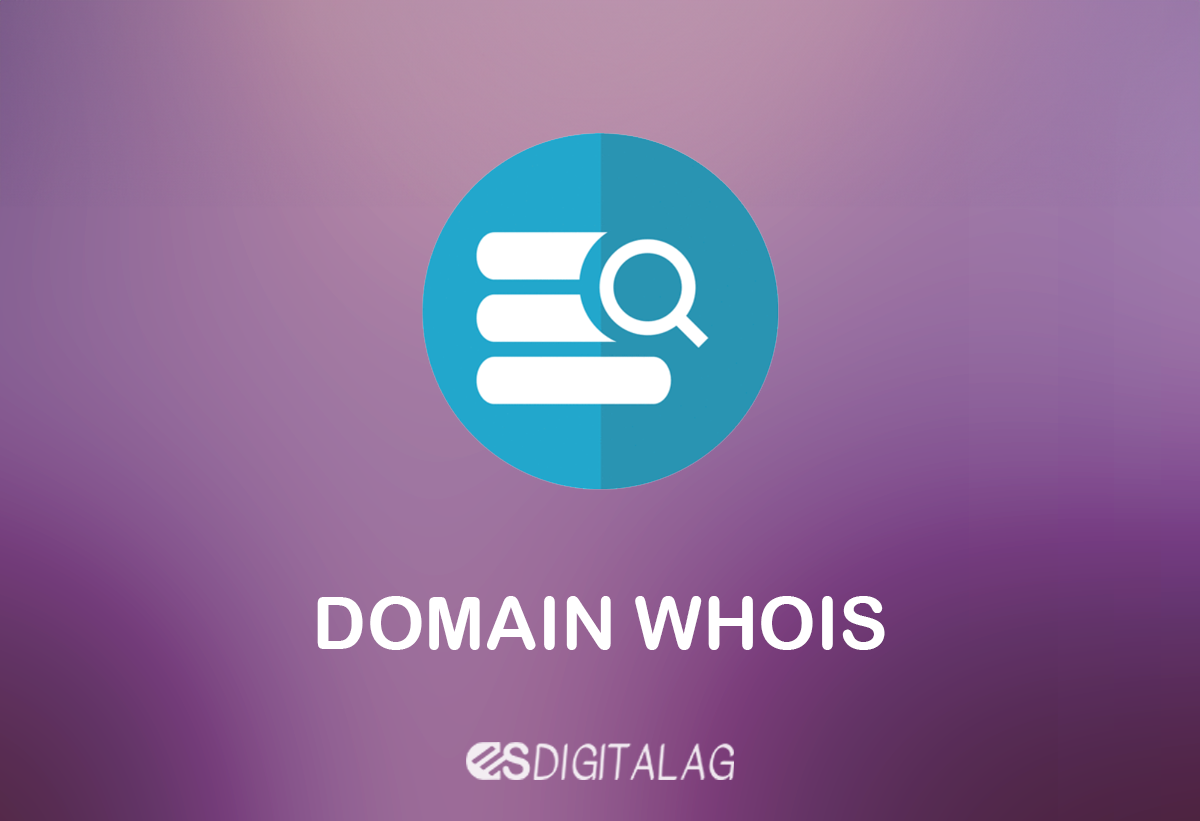
10
Domain WHOIS: What It Is and How It Works
Get detailed domain ownership and registration information with our Domain WHOIS tool. Instantly access the registrar, status, creation date, and contact details of any domain name, helping you make informed decisions about domain acquisition and management.
Domain WHOIS: What It Is and How It Works
Domain WHOIS is a publicly accessible database that stores information about domain name registrations. It provides details such as the domain owner's contact information, registration and expiration dates, and the domain registrar. Here's a breakdown of what WHOIS is, how it works, and how to use it effectively.
1. What is Domain WHOIS?
WHOIS is a query and response protocol used to retrieve information about internet domains. The term "WHOIS" essentially means "who is" the owner of the domain. It allows users to look up domain registration details like:
- Domain owner (Registrant)
- Registrar (the company where the domain is registered)
- Contact details of the owner or the administrative and technical contacts
- Domain creation and expiration dates
- Nameservers
2. How Does WHOIS Work?
When a domain is registered, the domain owner is required to provide contact details to the domain registrar, which are then stored in the WHOIS database. Anyone can perform a WHOIS lookup to retrieve this information, unless privacy protection services (like WHOIS privacy or domain masking) have been enabled to hide the registrant’s details.
To perform a WHOIS search, you simply input the domain name into a WHOIS lookup tool, and it will return the publicly available information.
3. Why is WHOIS Important?
WHOIS information is useful for several reasons, including:
- Verifying Domain Ownership: If you're buying a domain from someone, a WHOIS lookup helps confirm who owns the domain.
- Cybersecurity: WHOIS data helps identify the sources of spam, fraud, and other malicious activities by showing the responsible party.
- Trademark Protection: Companies use WHOIS to monitor and protect their brands from trademark infringements or domain squatting.
- Transparency and Accountability: WHOIS ensures transparency in domain ownership and registration, which helps maintain accountability on the web.
4. WHOIS Lookup Tools
There are various online tools available for performing WHOIS lookups. Some of the popular options include:
- ICANN WHOIS Lookup: The official lookup tool provided by the Internet Corporation for Assigned Names and Numbers (ICANN), the global organization responsible for domain name governance.
- DomainTools: A widely-used platform for domain research that provides WHOIS data along with historical WHOIS records.
- Whois.net: Another simple-to-use tool that allows you to retrieve WHOIS information for any domain.
- GoDaddy WHOIS Lookup: A domain registrar that also offers a WHOIS lookup tool for users to search for domain details.
5. WHOIS Privacy and Protection
Many domain registrars offer WHOIS privacy protection services, which allow domain owners to hide their personal information. Instead of listing the owner’s actual contact details, the registrar’s contact information or a proxy service is displayed. This is useful for protecting the domain owner’s privacy and reducing spam or unwanted contact.
6. How to Perform a WHOIS Lookup
Performing a WHOIS lookup is easy and straightforward. Here's how you can do it:
- Go to a WHOIS lookup tool such as ICANN, GoDaddy, or DomainTools.
- Enter the domain name you want to search for.
- Review the WHOIS results, which will include details such as the registrant's name, registrar, registration dates, and more (unless privacy protection is enabled).
7. WHOIS Limitations
While WHOIS is a valuable resource, it does have a few limitations:
- Data Accuracy: WHOIS data may not always be up-to-date or accurate. Domain owners can sometimes provide false information or fail to update it.
- Privacy Issues: Without WHOIS privacy protection, personal details of the domain owner can be publicly accessible, which raises privacy concerns.
- GDPR Compliance: With the enforcement of the General Data Protection Regulation (GDPR) in Europe, WHOIS databases have had to restrict access to personal information for EU citizens. This means WHOIS information for domains registered in the EU may now be limited.
8. WHOIS and Cybersecurity
WHOIS plays an important role in cybersecurity. It is often used by cybersecurity professionals to identify the registrant of a malicious domain used for phishing attacks or malware distribution. By identifying the domain's owner or registrar, authorities or cybersecurity teams can take action to mitigate or shut down harmful websites.
9. WHOIS in Domain Disputes
In cases of domain name disputes, WHOIS data is often referenced to establish ownership and registration details. Disputes may arise when:
- A domain name infringes on a trademark.
- A domain is registered in bad faith (cybersquatting).
- There's a need to resolve issues of ownership following a domain sale.
In such cases, organizations like ICANN or the World Intellectual Property Organization (WIPO) may be involved in resolving disputes, and they will use WHOIS records to investigate.
10. WHOIS Records and History
Many tools also offer WHOIS history services, allowing you to view past ownership and registration details of a domain. This can be useful when investigating changes in domain ownership, understanding the history of a domain for SEO purposes, or checking for past security issues related to the domain.
Conclusion
WHOIS is a powerful tool for retrieving domain registration information, ensuring transparency on the web, and helping to resolve disputes or track malicious activity. However, as privacy concerns increase and regulations like GDPR take effect, access to some of this information has become more restricted. Despite these limitations, WHOIS remains an essential tool for website owners, cybersecurity experts, and domain investors alike.
Contact
Missing something?
Feel free to request missing tools or give some feedback using our contact form.
Contact Us